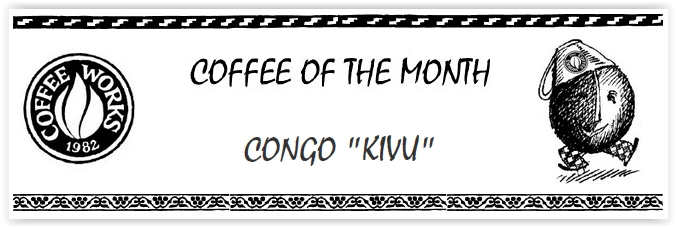
Historians credit the Boston Tea Party in 1773 for creating a nation of coffee drinkers overnight, and coffee has been allied with democracy ever since. After the Sons of Liberty dumped King George’s tea into Boston’s harbor our founders looked instead to the West Indian colonies of Spain and France to supply them with coffee, the new patriotic elixir. Jamaica, Haiti, Cuba, Guadeloupe, and Puerto Rico happily filled the bill for 150 years, rewarding America’s switch to coffee with fine arabicas grown in near-ideal island conditions. Read more





